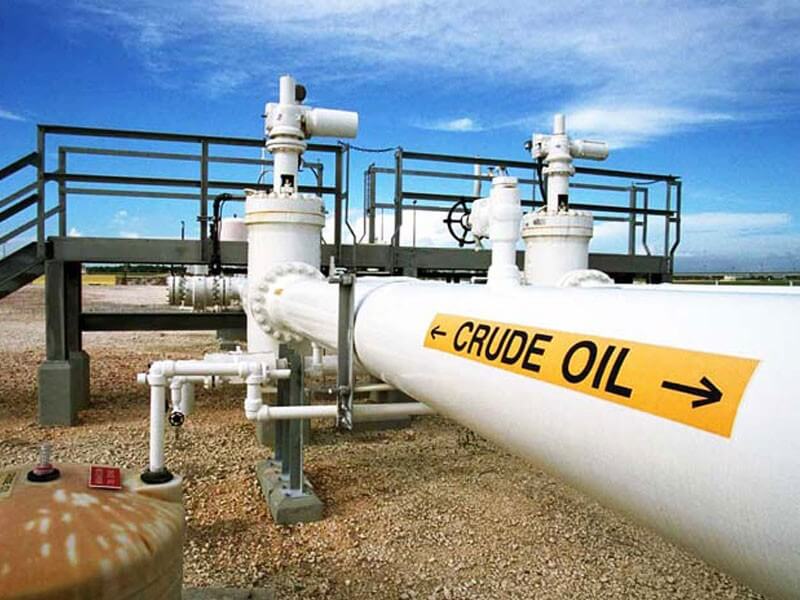EXPLAINER: What negative oil price means and how it affects Nigeria

For the first time in the history of trading US crude, West Texas Intermediate, its benchmark, is trading in negative territory.
As of 8:22pm on Monday, US WTI was trading at $-37.45 per barrel according to prices displayed on Bloomberg energy terminal.
While this is not good news for oil-producing countries, here are a few questions to help you better understand the situation.
Q: What does trading in negative territory mean?
A: A simple way of explaining it is that traders will pay their customers for patronising them
Q: Is this a good thing?
A: No, it is not. Traders and oil exploring companies are running at a loss. It also means that there is no storage space to store excess production.
Q: Will this price be the same across the entire industry?
A: No, the negative price is only for US crude. Also, it only applies to May futures as the contract for June delivery is still at $22/barrel and July is at $27/barrel.
Q: Futures? What does that mean?
A: In the crude oil industry, refiners and other buyers can pay ahead for crude that would be delivered at a later date. Thus, some of the May futures would have been sold earlier in the year for as high as $50 or $60 if the customers negotiated or paid in January.
Q: So oil is not valueless yet?
A: No, it isn’t
Q: So how does this affect other producers?
A: This would serve as a warning for the Organisation of Petroleum Exporting Countries (OPEC) of how bad the demand problem has gotten.
Q: So what about the price of Nigeria’s crude oil?
A: Nigeria’s crude oil is benchmarked against the Brent crude. At present, the price of a barrel of Brent crude is $25. Although traders in the market said Nigeria’s Bonny Light was sold for between $13 and $15 recently, the price is not yet in negative territory.
Q: Will this blow over?
A: It is expected that the global economy will rebound gradually once coronavirus-induced lockdowns are lifted and activities resume
(The Cable)

